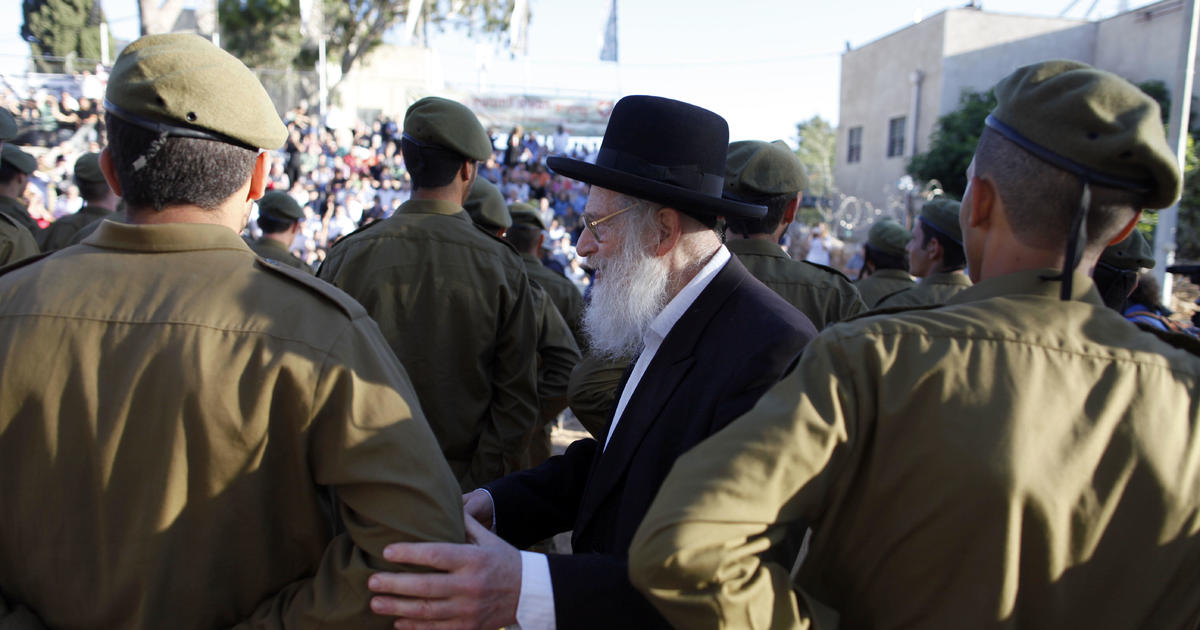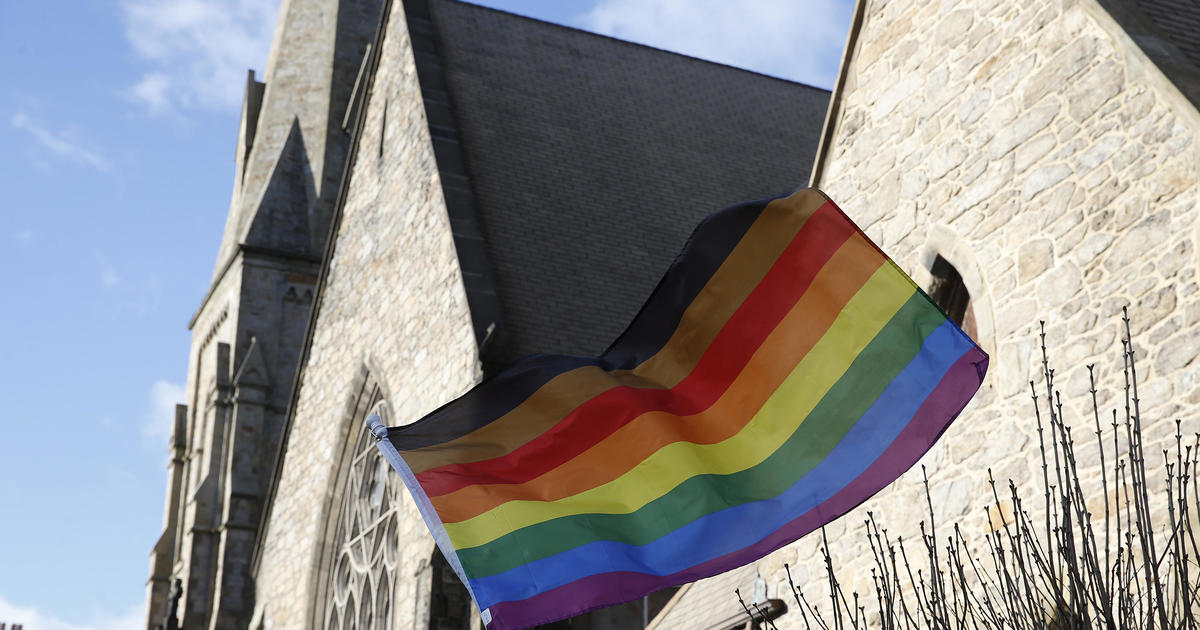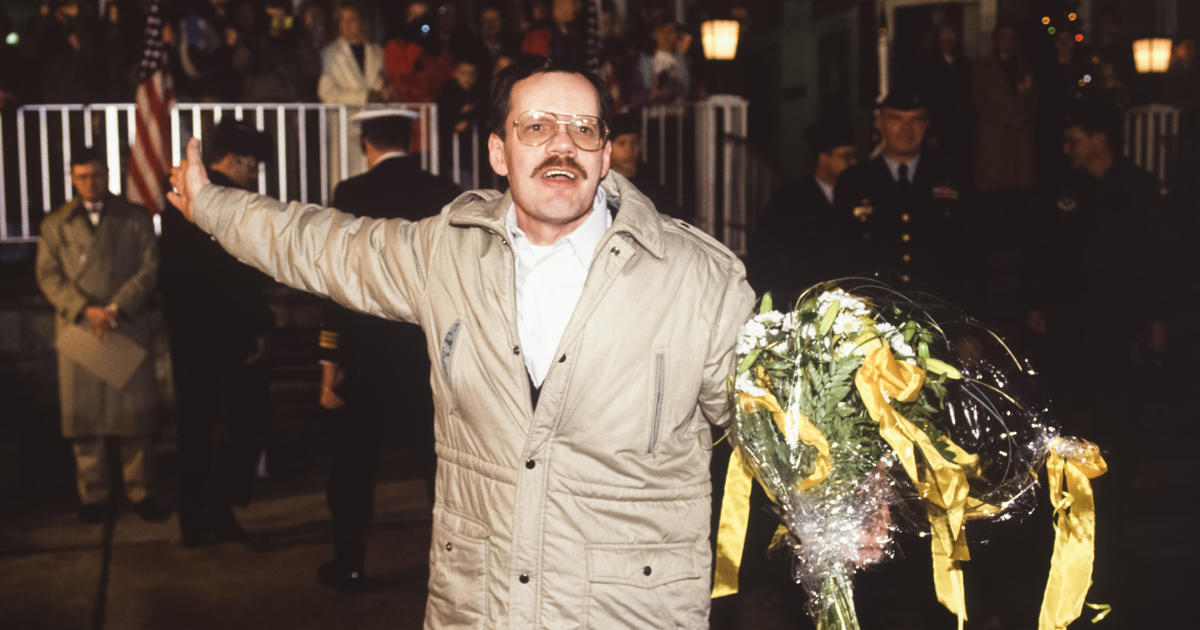Calls for boosted security funding intensify among faith leaders after Texas synagogue hostage standoff
The Temple Sinai in Atlanta sent an email this week to invite its congregants back to in-person Shabbat services – they'd been virtual for weeks because of COVID-19.
But leaders had a more pressing issue to address, just days after four Jewish congregants were held hostage at Congregation Beth Israel synagogue outside of Dallas-Fort Worth.
"We recognize that the current trends concerning COVID-19 are but one of the sources of concern on people's minds at present," the email said.
The email reminded families of "onsite security systems, the presence of trained security personnel whenever the building is open, strong relationships with local law enforcement, ongoing staff training regarding situational awareness and appropriate responses [and] enhanced cybersecurity training."
Those security measures were installed in 2018 with a $133,000 grant from the Department of Homeland Security.
Funds from the same DHS grant – known as the nonprofit security grant or "NPSG" – were allocated in 2020 to the Congregation Beth Israel synagogue, and the security systems were credited with helping the hostages there get out safely.
"Security cameras assisted the FBI when they needed them," Rabbi Cytron-Walker said.
Matthew DeSarno, special agent in charge of the FBI's Dallas Field Office, described video coverage of the hostage standoff as "decent" – "enough to give the decision makers, the negotiators and others general situational awareness."
Now, in the days following the hostages' escape, leaders of the faith community have revisited calls to double funding for the security grant program, from $180 million to $360 million.
It's a boost Homeland Security Secretary Alejandro Mayorkas supports.
"We've heard from many, many different faiths in many different parts of the community about the need for greater funding," Mayorkas said Thursday.
Among leaders in the Jewish community, funding boosts to the grant program remained the No. 1 request this week, he said.
"The Secretary has come out strongly in favor of increasing this funding, and I know the administration is engaging in conversations," said a senior FEMA official.
Nonprofits, including places of worship, can apply for the security grants, which are overseen by the Homeland Security department and issued by FEMA. Last year, 3,361 applications for grant money were submitted, amounting to nearly $400 million in funding requests. Of those, 1,532 applications were approved, according to FEMA.
They can be used to purchase security systems, fences, gates and cameras, and invest in cybersecurity or training programs for congregants. In recent years, the federal government has expanded parameters to allow for hiring of third-party security or off-duty police at 501(c)3 organizations, including places of worship.
Established in 2016 at $25 million, funding for the program has ticked up over the years, doubling from $90 million in 2020 to $180 million last year.
"Last year, even when there was $180 million in grant funding, which we helped spearhead by the way, we found that the demands were much, much higher," said Nathan Diament, executive director of the Orthodox Union Advocacy Center, the public policy arm of the nation's largest Orthodox Jewish organization, representing nearly 1,000 congregations. "There are just not enough funds to meet all the requests."
While federal law enforcement has not uncovered a specific or credible threat linked to Saturday's hostage takeover, a joint intelligence bulletin disseminated to local law enforcement on Tuesday said "the FBI, DHS, and NCTC also remain concerned about the potential for copycat attacks," further driven by a "high volume of online violent extremist messages" ratifying the gunman's actions.
In the past year, the Biden administration has issued roughly 80 bulletins and alerts to local law enforcement detailing potential threats nationwide.
Joshua Davidson, Senior Rabbi at the Congregation Emanu-El of New York, which has a 2,500-seat amphitheater, said he has long been concerned about smaller congregations around the country "that can't afford the security apparatus… that offers the safety their worshippers have a right to expect."
In 2021, more than a quarter of application-driven grant funding was allotted to New York and New Jersey, though California ($20.5 million), Florida ($9.8 million) and Texas ($6.4 million) also received sizable sums. States like Nevada, Montana and Hawaii were awarded less than $350,000 apiece, according to FEMA.
This week, more than 1,700 people wrote their lawmakers in support of the NPSG, using a link on the ADL's website. And a group of senators are urging leaders of the Appropriations Committee to expand NPSG funding.
"We respectfully encourage you to appropriately fund NSGP in FY 2022," said a bipartisan letter signed by Senators Kirsten Gillibrand of New York, Gary Peters of Michigan, Jacky Rosen of Nevada, Rob Portman of Ohio and James Lankford of Oklahoma.
"Congress should do all that it can to protect at-risk and vulnerable nonprofits from today's increasing extremist and hate-motivated threats."
The message offered no price tag, but those close to the process weighed in warily, noting that both Senate and House appropriations bills had already agreed to $180 million.
"Based on typical rules used to conference these bills, you wouldn't be able to increase funding," a congressional aide not authorized to speak on the record told CBS News. "But leadership ultimately gets to make the call."
A spokesperson for the chairman of the Appropriations Committee, Senator Patrick Leahy, said "negotiations on a final omnibus appropriations agreement remain ongoing."
Mayorkas told CBS News on Thursday that $100 million has already been set aside for the grant program – referring to a figure written into President Biden's $1.7 trillion Build Back Better spending package. The package, however, has stalled in the Senate, and Democrats may be starting from scratch with negotiations on the broader agenda.
Amid partisan gridlock, tragedy has turned victims and heroes into advocates for change. In media interviews and at an FBI press conference, Rabbi Cytron-Walker has recounted hostages' getaway in the Texas standoff and offered counsel to anxious faith communities who watched in horror as he stood captive inside his congregation.
"We're going to have to get past this sense of fear," he said Thursday.
But his messages of perseverance predate his brush with death. Back in December, he acknowledged a growing tide of anti-Semitism.
"We know that some people just don't like us," he told congregants.
"When we have real problems to address – there's a lot of negativity," he said, later adding, "And the fact that the amount of infighting outweighs the amount of problem solving – it's not helpful. With so much negativity, we need to do better."



